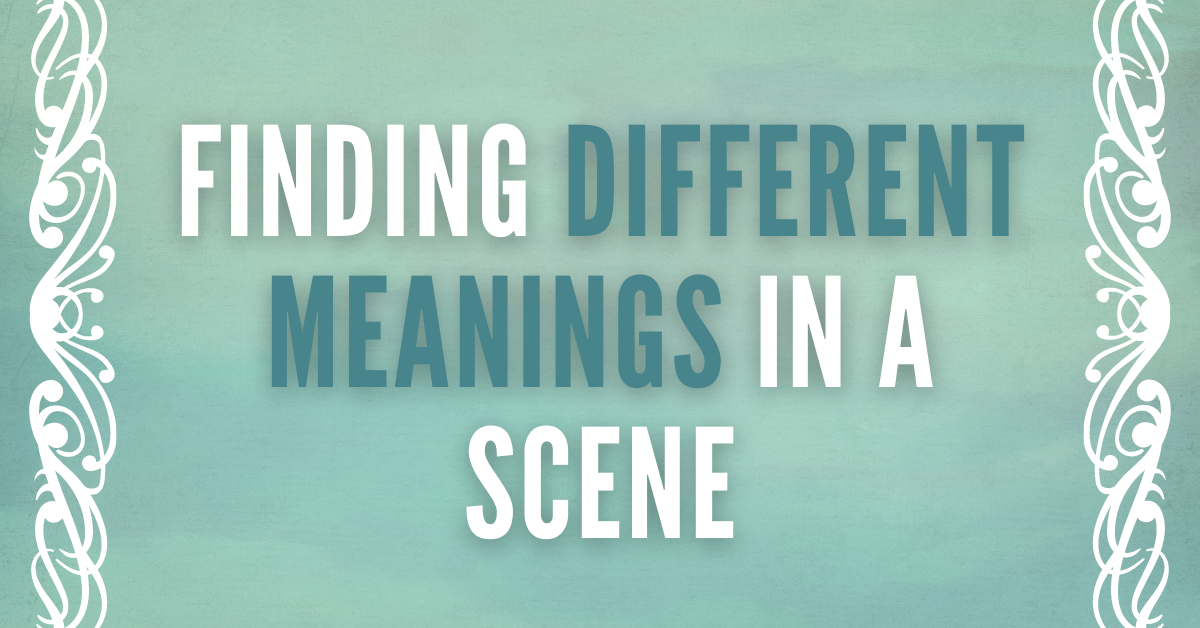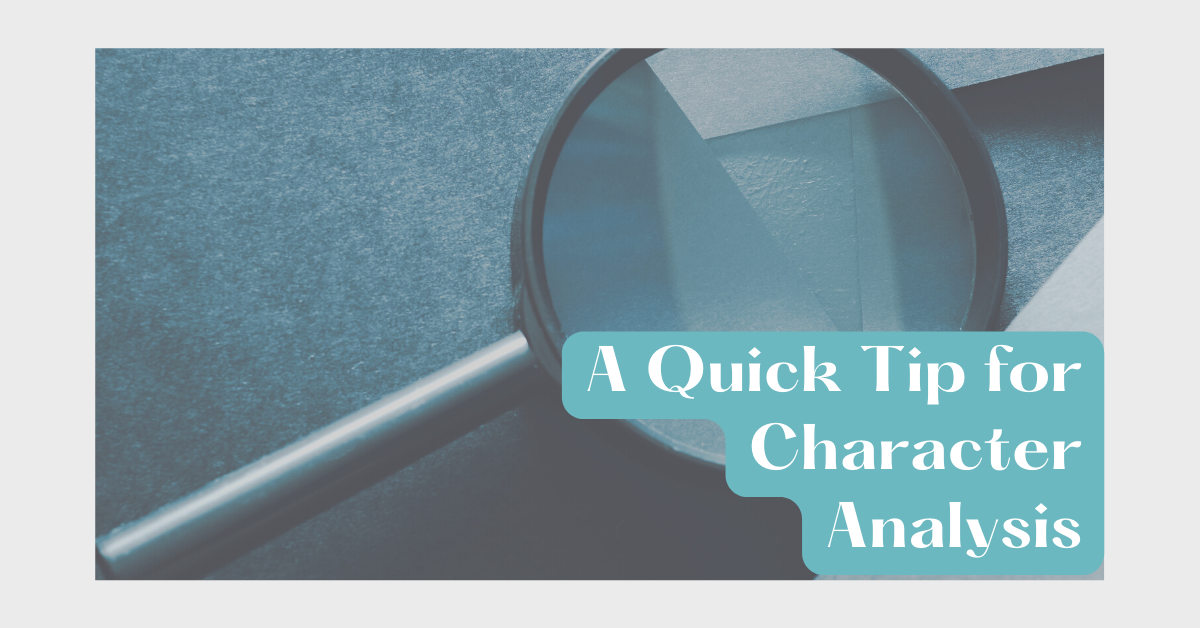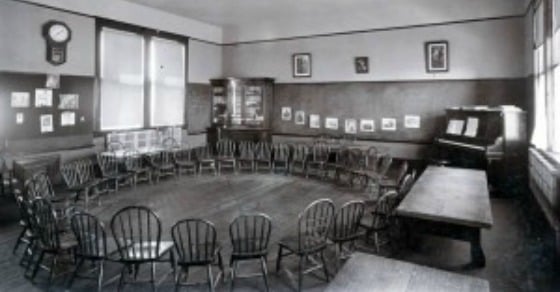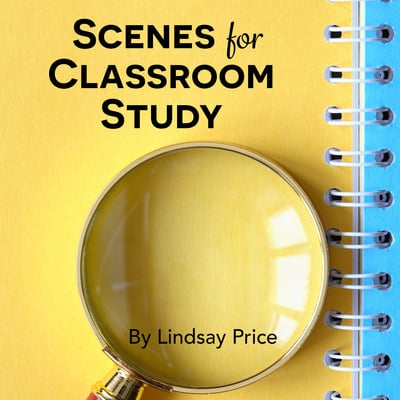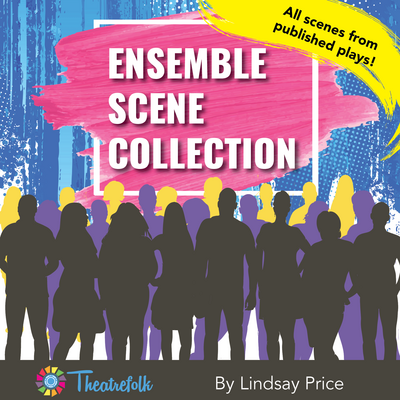Finding Different Meanings in a Scene
Consider this brilliant scene:
A: Do you like my dress?
B: Yes, it’s beautiful.
Imagine you’re playing the role of B. And that is your only line in the entire show.
The “obvious” choice is that B thinks A’s dress is beautiful. It’s the obvious choice, and it’s also the least interesting choice.
- What if B is lying? Why would B lie? Because B intentionally wants A to look bad.
- What if B is lying? Why would B lie? Because B is going to a function that A wasn’t invited to.
- What if B is lying? Why would B lie? Because B feels that A has always lied to her.
- What if B is lying? Why would B lie? Because B is a people pleaser and says what she thinks people want to hear.
What if B is telling the truth? Are there interesting ways for B to tell the truth? Of course!
- B is overwhelmed by the beauty of the dress and needs to compose herself before speaking.
- B had her eye on the same dress in the store and is forlorn that A bought it before she got a chance.
- B loves the dress but is jealous that A could afford it and she couldn’t.
If you only have one line in a show, the director’s probably not going to spend a lot of time with you to develop your character, but that doesn’t mean you shouldn’t have one.
Interesting choices – they don’t require a huge shift in performance, nor should they draw focus from the scene, but the interesting choice makes everything on stage more three-dimensional.
There’s no such thing as a small role, just small choices. Make big choices. Make interesting choices.
Related Articles
Scenes for Classroom Study
by Lindsay Price
Scenes for Classroom Study consists of scenes from published Theatrefolk plays and is designed to help with character study, scene work, substitute teachers, performance, Individual Event competitions and so much more.
Ensemble Scene Collection
by Lindsay Price
Looking for quality scenes for your ensemble that haven't been done a million times? This Ensemble Scene Collection contains 33 scenes from published plays - great for competition and classwork!
